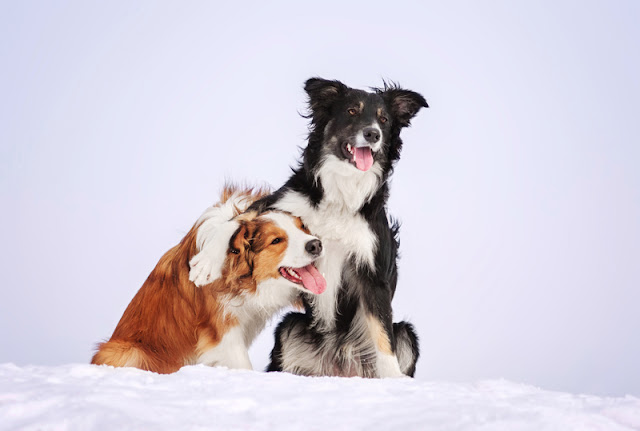The Posts of the Year 2014

Photo: Jaromire Chalabala / Shutterstock By Zazie Todd, PhD We wish all our readers a happy and healthy 2015! These are our most-read posts of the year. There's been a lot of competition at the top of this chart! Which stories were your favourites? And which topics would you like to read more about in future? Please let us know by leaving a comment below, or on twitter or facebook . 1. How Does a Dog's Brain Respond to the Smell of a Familiar Human? New fMRI research shows that the smell of a familiar person elicits a strong response in the canine brain. 2. Do Dogs get that Eureka! Feeling? Does successful problem-solving make dogs happy? Research by McGowan et al investigates if dogs prefer their rewards to be earned. This post was our Companion Animal Science News of the Year for the Science Borealis Blog Carnival . 3. Dog Training, Animal Welfare and the Human-Canine Relationship Observations of dogs at training classes using eith...




